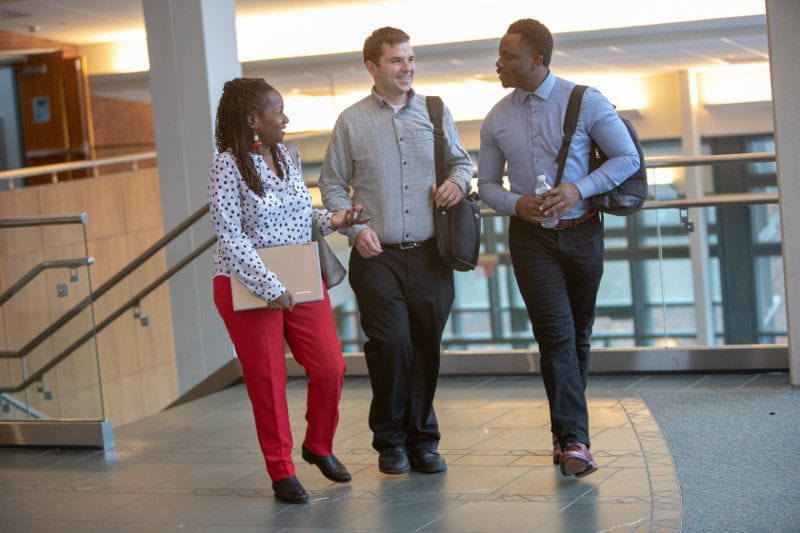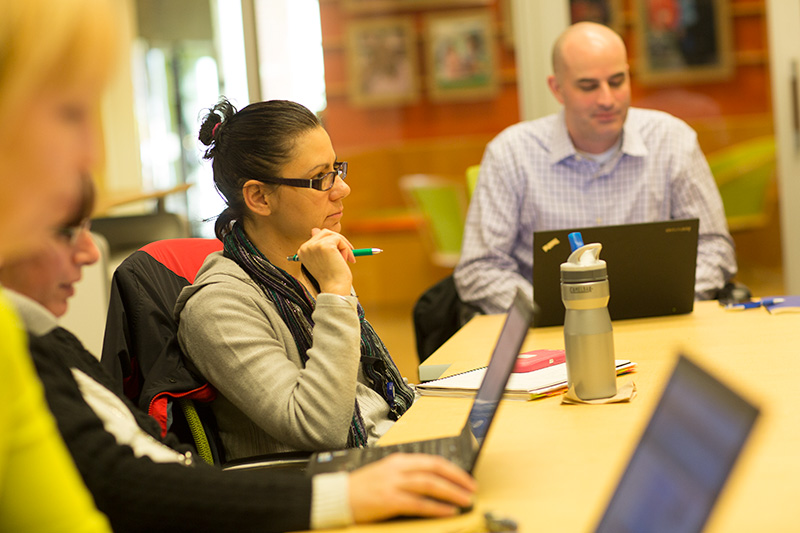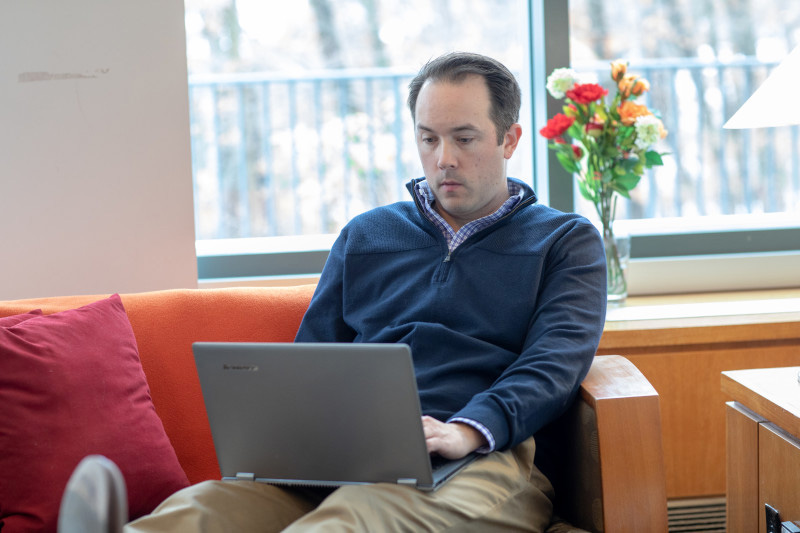When do we have to go back to the office?
When can we go back to the office?
Same coin. Different sides.
Yet employees are asking both of those questions – which one depends perhaps on age, family situation, personality…circumstance.
And employers need to be listening.
“As much as employees see benefits in working from home,” wrote Forbes recently, “they also report feeling lonely and isolated.”
If the last few months have proved anything, it’s that employees are just as effective at home as at the office. So workplaces that try to dictate one or the other are going to have a tough road, especially come fall, when schools may still be shut down and nerves may still be frayed. It’s no longer whether to choose on-site or remote. The fundamental challenge of reopening will rest with equitably addressing physical, emotional, and practical hurdles on all important fronts.
Physical safety: For those back in the office, what will your office space look – and more important, feel – like? People have spent the last four months feeling afraid of proximity to other people. How will you communicate that safety features are well thought-out and effective? How will they meet official guidelines? Reassurance cannot be overstated.
Mental safety: To be sure, mental health will require on-site employees to feel safe. But what of those who don’t come back – or can’t because of personal responsibilities? How confident will they feel – how included? What will you do to permanently eject flex time out of the “working mother” camp and see it as an issue whose time has come for all employees?
Practical support: Work-life challenges were profound before the pandemic. Sidelined schools and socially distanced elders have only heightened the hurdles – for those working from home and office. How will you address personal issues for all the people who work for you?
Work policies: Months of WFH have so blurred the lines between work and personal lives, people no longer know where the weekday ends and the weekends start. That’s going to have to shift. “One of the fundamental delusions that has been driving us all,” Arianna Huffington told MSNBC at the start of shutdown earlier this year, “is that in order to be successful, we basically need to be on all the time. I think that’s going to be completely sacrificed because we are all seeing much more clearly the price we pay.”
Arianna, founder of Thrive Global, will be among those speaking to all of these issues in the upcoming Bright Horizons virtual panel discussion, “What’s Now and What’s Next: Business Leaders Talk the Future of Work.” Additional perspectives will come from Harvard School of Public Health Dean of Faculty Michelle A. Williams, Accenture CHRO Ellyn Shook, and Gensler architecture and design Managing Director and Principal Douglas C. Gensler.
The big picture is that on-site versus WFH is the wrong question. As the economy opens, what employers need to ask is what’s best for their employees, and so their bottom lines.
There’s no one answer to that question.
Smart employers are going to be addressing both.





